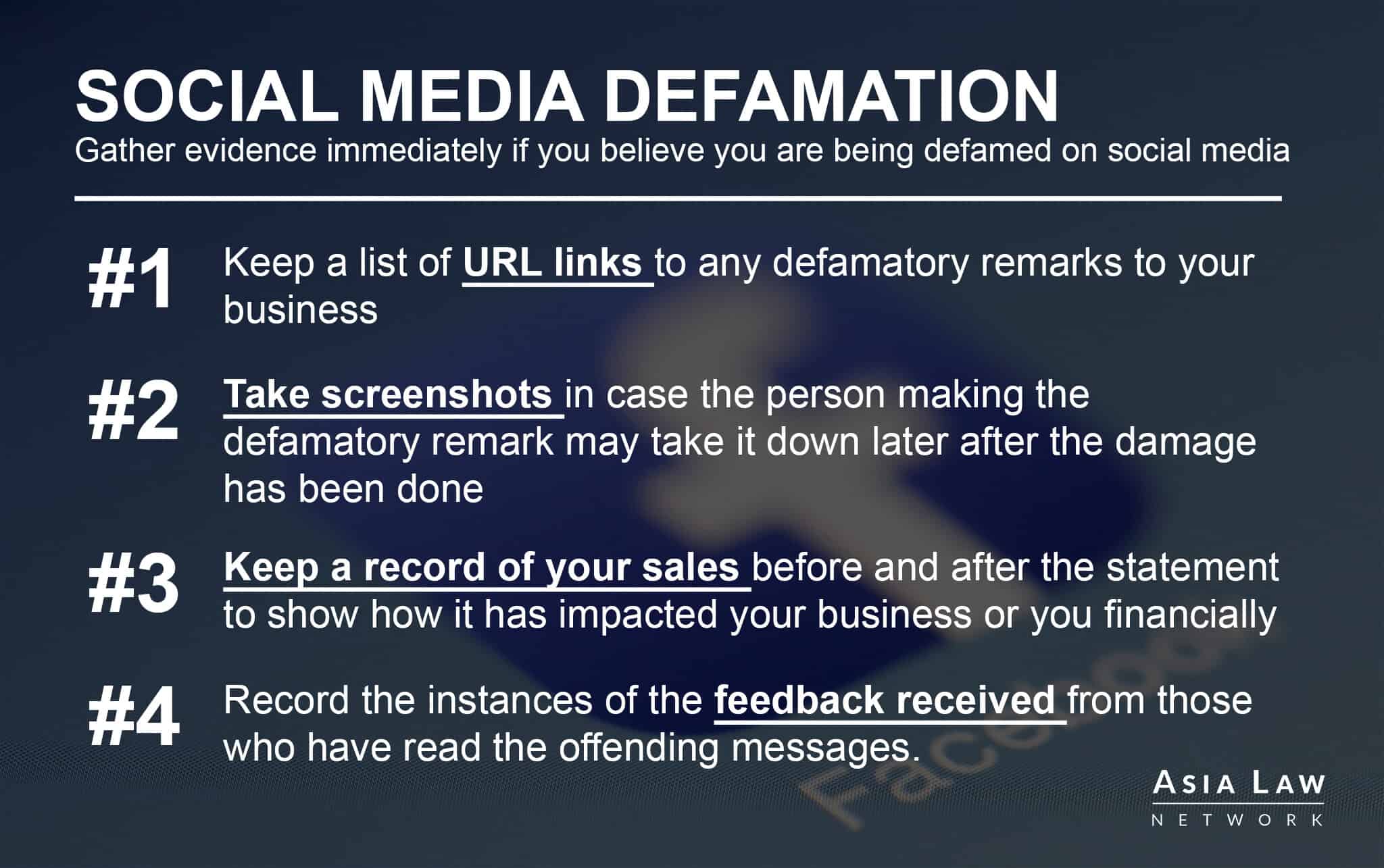In the last few years, the law of media defamation has seen a rise in cases of cyberslander. However, the concept of defamation is not a new one. The Defamation Act 2003 gives individuals the right to sue any media outlet who publishes defamatory comments. The law relates to both published and unpublished statements. A media outlet may also be sued for libel if it makes a mistake and makes the public's opinion or information untrue.
The French courts have largely followed the case law of the European Court of Human Rights. In a recent case, France's Court of Appeal ordered Bollore SA to pay France Television EUR10,000 in damages due to frivolous proceedings. The company had sued for EUR50 million in damages following a report on its activities in Africa. Under French law, anyone named in the media is entitled to a right of reply, and this must be published within three days.
Some people use burner accounts to post defamatory statements on the Internet. A court may order a website's administrator to reveal the name and address of the defamer. In other cases, a defamation suit can be filed against the host site. The court can issue a subpoena to force the internet service provider to reveal the identity of the individual posting the defamatory comments.
The UK has made it easier for people to communicate and interact on the Internet. But it also has its downsides. Certain topics are more likely to draw negative comments from users than others. Furthermore, certain social platforms have notoriously toxic users. Anyone who has an online presence risks the risk of receiving personal attacks on their character. The attacks may be as simple as a few ungrateful comments or as far-reaching as a viral sensation.
Defamatory statements about public figures are punishable by fines and imprisonment. However, there is a limited amount of evidence that the media defendant is at fault in publishing a false statement. In most cases, however, the media defendant is acquitted. The judge will determine the degree of fault based on the evidence provided by the plaintiff. In some instances, the media outlet may refuse to publish a correction.
Another way to fight back against defamation is to issue a cease and desist letter. This legal document requires a company or individual to cease and desist from the defamatory activity. Although the letter can be ignored, it can have the desired effect of getting a defamatory article or social media post removed. Sending a cease and desist letter early on in the case can be effective. You never know when someone will post something defamatory online.
A defamatory post on social media should be documented in some way. If you can't delete it, try to save screenshots and videos. Another way to protect yourself against defamation is to block the offending party. A block can reduce the mental distress of a victim, as it will prevent them from seeing the post. And, if the defamatory person is anonymous, block their account. The block will help you to avoid any further harassment from these people.








